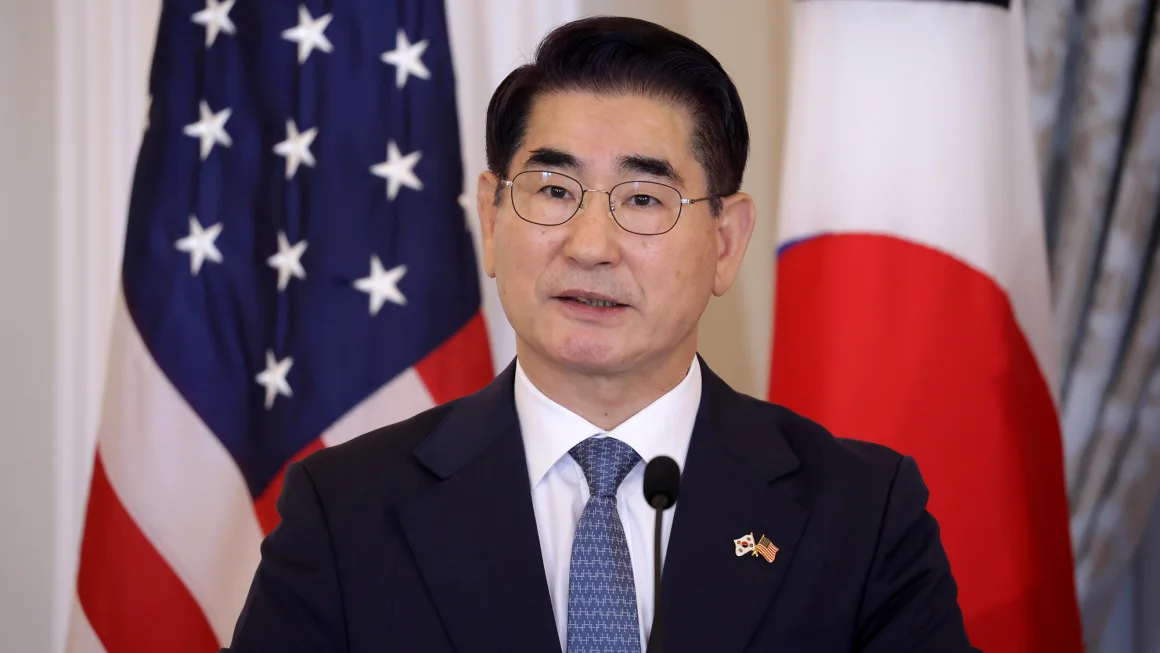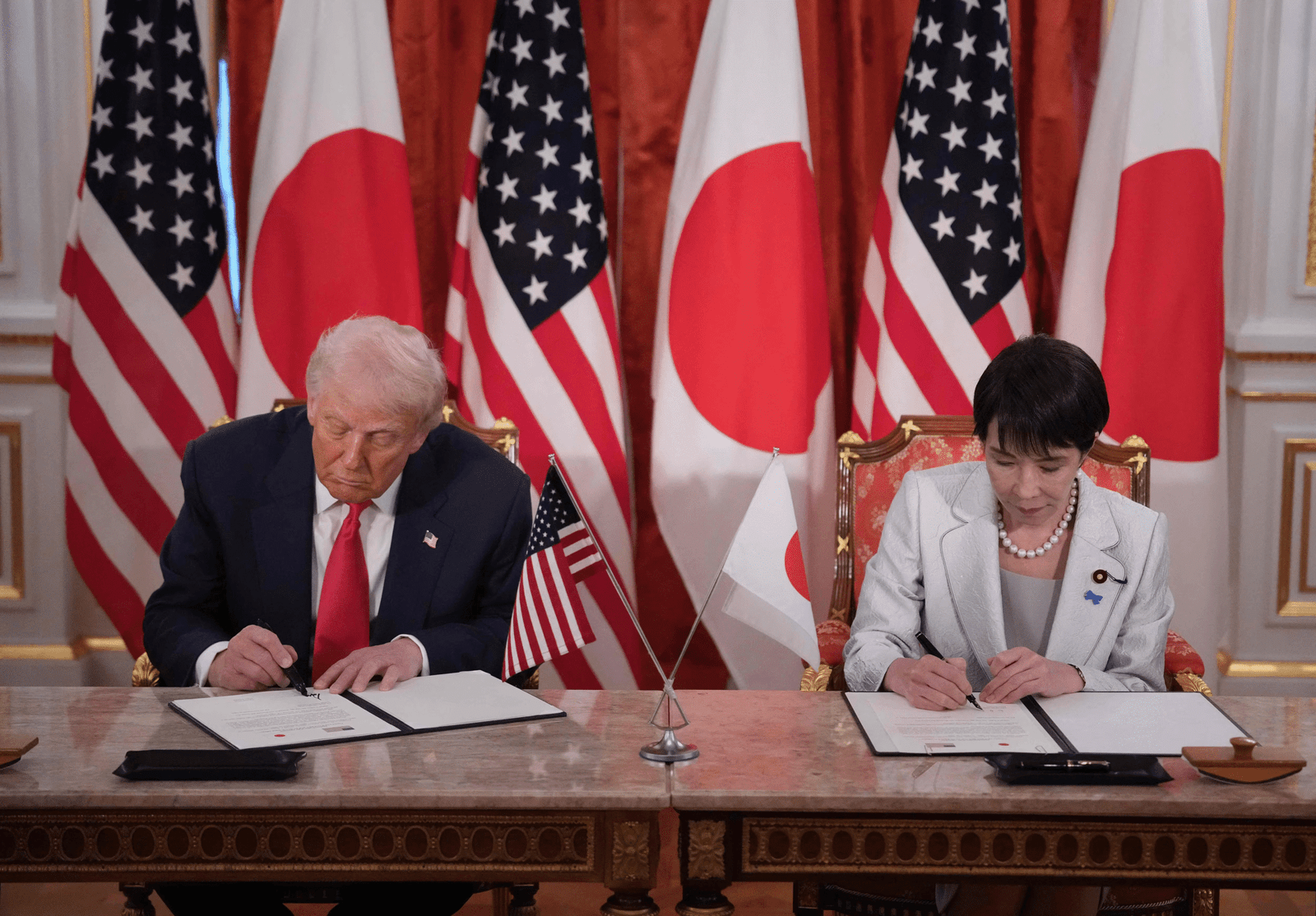South Korea is grappling with political and legal turmoil following the declaration and subsequent lifting of martial law by President Yoon Suk Yeol in early December 2024. The move, highly controversial and the first of its kind in over four decades, aimed to suppress dissent but has resulted in widespread backlash, including impeachment attempts and investigations targeting the administration.
Kim Yong-hyun, the former defense minister and a key figure in this crisis, attempted suicide while in detention. Kim faces allegations of orchestrating military actions to impede parliamentary processes, including deploying troops to block lawmakers from overturning the martial law declaration. His attempt on his life underscores the intense pressure and scrutiny surrounding those implicated in the fallout
President Yoon, whose approval ratings have plummeted, justified the martial law as necessary to counter “anti-state forces.” However, critics, including opposition leaders and legal experts, have labeled the move unconstitutional. As investigations proceed, the political landscape in South Korea remains volatile, with potential implications for its international relations and domestic stability











